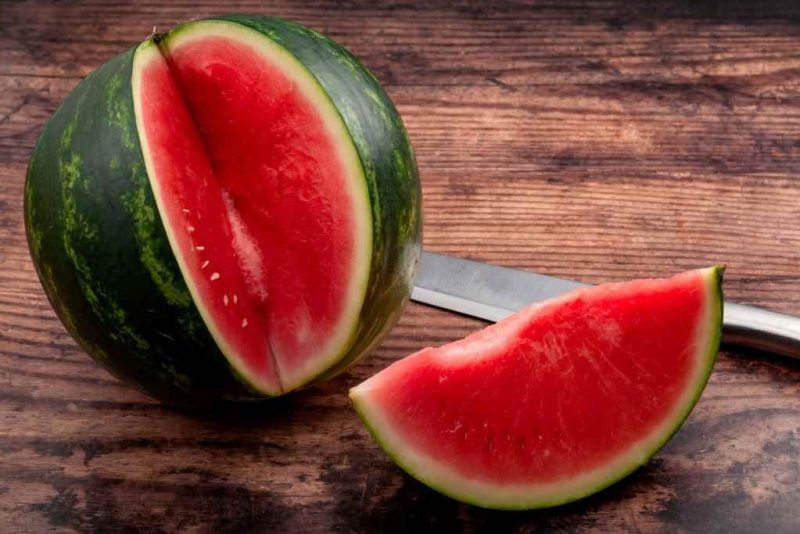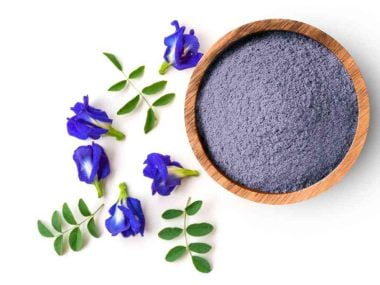Watermelon is a delicious and refreshing snack with numerous benefits, such as an excellent source of hydration, nutrients, and vitamins. Nutrients. Watermelon is part of the Cucurbitaceae family, along with other vegetables and fruits such as honeydew melon, cucumber, and cantaloupe.
This article will discuss the benefits of watermelon and its nutritional content. It will also give some tips for serving and tell you if there are any dangers to drinking this fruit.
What exactly is a watermelon?

Watermelon was first discovered about 5,000 years ago and was first domesticated about 4,000 years prior in Africa, according to 2015 research.
It’s refreshing and refreshing fruit brimming with antioxidants Vitamins, antioxidants, and nutrients. Watermelon is approximately 91 percent water and is a source of natural sugars.
The watermelon is large, colored in green shades from the outside, and features various shades of red and pink sweet flesh, with hard black seeds inside.
What are the Health benefits of watermelon?
The table below shows the nutritional value of 1 cup (154 grams) of watermelon.
Nutrient And Amount in 1 cup of watermelon ball or 154 grams
Calories or energy – 46.2
Sugar – 9.6
Carbohydrates – 11.6
Fiber – 0.6
Vitamin C – 12.5 milligrams (mg)
Vitamin A – 43.1 micrograms (mcg)
Potassium – 172 mg
Calcium – 10.8 mg
Beta carotene – 467 mcg
Watermelon is a great source of other minerals and vitamins, including:
- magnesium
- vitamin B6
- zinc
- Selenium
- folate
- Riboflavin
- niacin
All these minerals and vitamins aid the body in various ways.
The Health benefits of watermelon?
Hydration
Watermelon is made up of approximately 91 percent water. This makes it a fantastic source of hydration, particularly in hotter seasons where dehydration is a more serious risk.
In addition to drinking water, eating food that is high in water content is vital for various bodily functions. According to research conducted in 2019, the following are among them:
- Regulating body temperature
- supplying nutrients to cells
- Maintaining joints in good condition and lubricated
- aiding organs to function in the way they are supposed to
- Infection prevention
Improve your heart health
Watermelon is an excellent source of lycopene, according to a 2018 review of research.
Lycopene is an antioxidant that is found in a variety of red or pink food items, such as:
- tomatoes
- Guava
- pink grapefruit
- papaya
Research has demonstrated that lycopene could improve heart conditions through:
- Lowering cholesterol
- Lowering blood pressure
- preventing oxidative damage
A 2019 study linked watermelon to reducing the severity of cardiovascular diseases because of its high nutrients, such as vitamins A and B6. This is a small study, and additional research is required.
Lower inflammation throughout the body
Inflammation occurs due to the body’s immune reaction to irritation. Many chronic diseases arise from inflammation, including:
- Rheumatoid arthritis
- the bronchitis
- psoriasis
- Crohn’s disease
The antioxidants in watermelon can help slow down or stop the damage to cells resulting from free radicals, as per research from 2016. Free radicals are a group of molecules that could cause damage to cells, causing inflammation and chronic conditions.
Watermelon antioxidants include:
- Lycopene
- carotenoids
- vitamin C
- citrulline
- Choline
Anticancer effects
Several antioxidants in watermelon, like lycopene and cucurbitacin E, can protect against certain cancers, including colorectal and prostate cancer.
According to the National Cancer Institute, antioxidants are essential in stopping cancer and defending against cell damage caused by free radicals. Free radicals are atoms composed of oxygen, and a variable amount of electrons, which means they can react easily with other molecules.
Free radicals are generated through exposure to:
- cigarette smoke
- environmental pollutants
- radiation
- Certain pesticides and drugs
- industrial solvents
Free radicals can cause damage to cells. However, antioxidants can stop the damage that free radicals can cause.
Free radicals are linked with a range of other chronic illnesses besides cancer, as per the research conducted in 2015. This includes:
- Diabetes
- osteoporosis
- arthritis
- lupus
- heart disease
- stroke
- hypertension
- Alzheimer’s disease
- Parkinson’s disease
- muscular dystrophy
Improve digestive health
The watermelon contains 91 percent water. Water is vital to maintaining a healthy digestive system, according to a 2020 study.
Fiber has many benefits for your body. The benefits include:
- aiding your overall metabolic health
- helping to improve your overall gut health
- Maintaining a healthy colon
- helping prevent obesity
- reducing the risk of developing heart disease
- To reduce the risk of inflammation
Fiber helps keep your bowels in order and helps prevent constipation.
Read more about digestive health here.
Brain Health
The antioxidants in watermelon can improve brain health and help prevent chronic illnesses like Alzheimer’s disease.
Choline is one of the antioxidants that are vital for a variety of functions within the body. According to the National Institutes of Health, These include:
- Memory
- mood
- control of muscles
- early brain development
A few studies from 2021 suggest that choline might slow the development of dementia in older adults. However, experts must conduct more research on this before making any conclusive conclusions.
Skin health
Watermelon has about 12.5mg of vitamin C per cup (154 grams).
According to a 2020 study, Vitamin C can help your body create collagen, which:
- is a key component in the development of cartilage
- keeps your skin supple
- helps to maintain healthy nails and skin.
Many companies include Vitamin C in skin health products. A 2017 review of research studies has shown that it can lower the likelihood of
- wrinkles
- dry skin
- the natural effects of aging
- Nail and skin infections of the nail and skin
- UV-induced damage
However, experts need to conduct more research on the benefits of vitamin C and watermelon on the skin.
Are there any dangers of Eating watermelon?
Although there aren’t any risks associated with drinking watermelon, limiting your portions of all fruits is essential. For those who have diabetes drinking too much watermelon can cause a spike in glucose because of the natural sugars found in the fruit.
Mixing watermelon with protein, like cheese or Greek yogurt, is possible for a healthier blood sugar balance.
Like eating too many of any fruit, the negative effects of drinking too much watermelon can include:
- Bloating
- gas, or abdominal discomfort or gas
- spike in blood sugar levels
- digestive concerns
This is the case only for fruits with high levels of carbohydrates that need to be digested better, like bananas and mangoes.
What are the best ways to Eat watermelon?
Watermelon is an incredibly delicious and versatile fruit that can be enjoyed in various ways, including on its own or in delicious dishes.
A few methods to consume watermelon are:
- Juice: Because watermelon contains 91 percent water, It is a great fruit for juicing.
- Smoothies: Watermelon tastes delicious as smoothies. You can combine it with other healthy ingredients, like Greek yogurt, or fruit like bananas and strawberries.
- Salad: Watermelon goes great in salads that can be made using fruits or vegetables. Try it with mint, feta cheese, and olive oil to give it a fresh twist.
- Grill: Grilled watermelon can serve as a great replacement for meat on the grill. Honey and lime can also enhance the flavor.
Summary
Watermelon is a refreshing fruit that’s simple to prepare and has numerous benefits. They include being rich in minerals, vitamins, and antioxidants, as well as an excellent source of water. Watermelon is also delicious.
The watermelon’s nutrients can:
- aid in addressing various chronic illnesses
- Improve brain, skin and improve brain, skin, and health.
- Reduce the overall inflammation throughout the body.
Watermelon can be eaten in various ways, including on its own or in a smooth drink, juice, or even salads.






